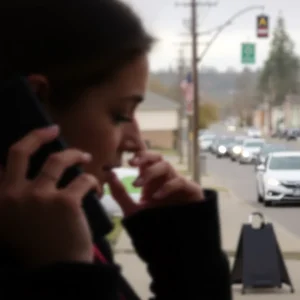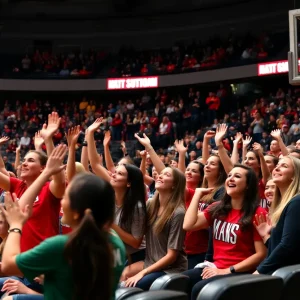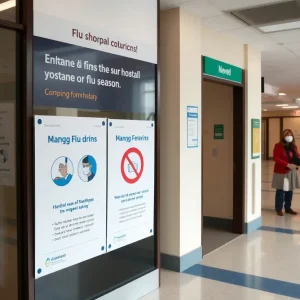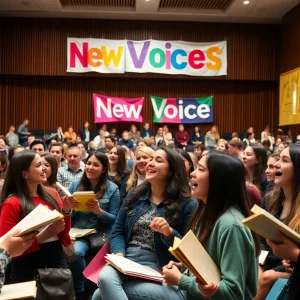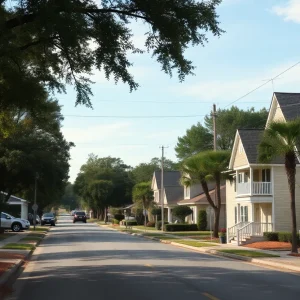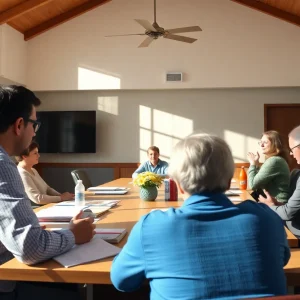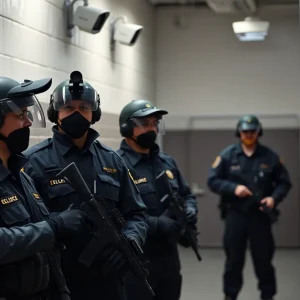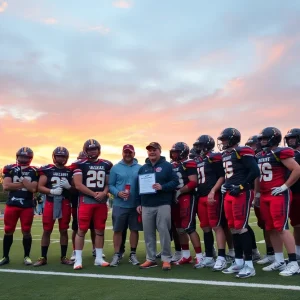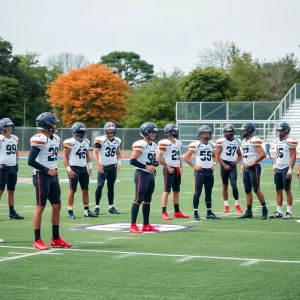Columbia, South Carolina – Educational Voucher Program Supported by Donor Contributions
In a recent turn of events, Columbia, South Carolina has become the focal point of an educational funding controversy after the state Supreme Court’s ruling on the private school voucher program. As the legislature grapples with the implications of this decision, two notable donors are stepping up to ensure that low-income students do not face disruptions in their education this academic year.
Background of the Voucher Program
The South Carolina Supreme Court declared that using taxpayer funds to pay for students to attend private schools was unconstitutional, affecting about 7,000 low-income children enrolled in taxpayer-subsidized private schools at the start of the year. This ruling has generated significant debate regarding the priorities of the state legislature and the implications for public education.
Donations for Continuity in Education
In a poignant response to the turmoil caused by the court’s decision, Pennsylvania businessman Jeff Yass made headlines by donating $900,000 to help cover tuition costs for affected students through the end of the year. Following this, Ravenel B. Curry III, a businessman from South Carolina, added $500,000 to the fund, intended to assist with costs for the third quarter of the academic year. Together, these contributions have provided a temporary lifeline for the students impacted by the abrupt change in funding for private schooling.
The Roman Catholic diocese in South Carolina has also been proactive in addressing the funding gap for students attending its parochial schools, actively raising funds for the remaining 195 students impacted by the voucher ruling. With an estimated $1.5 million still needed to ensure continuity in education for these students, the community is now looking ahead, eager for solutions as the current academic year progresses.
The Bigger Picture: Public vs. Private Education Funding
Many observers of this situation have expressed concern over the long-term implications for the state’s education system. While some families may find that their children flourish in private schools, the question remains about the overall efficacy and accountability of private schools compared to public ones. Critics argue that taxpayer dollars should not be used to support private institutions, urging instead for the state to focus on improving the public school system, which is constitutionally required to provide education for all children.
The legislative landscape hints at potential changes, with speculation about the introduction of a new voucher program once lawmakers reconvene. This comes amidst a larger conservative majority in the state Senate, which could signal a shift towards reinstating financial support for private education through taxpayer funds.
Legislative Accountability on Educational Standards
As the debate continues, calls for accountability and transparency are becoming more prominent. Advocates for public education emphasize that if private schools are to receive public funding, comparable standards must be established. Currently, public schools are mandated to administer state assessments, with results publicized for parental and community scrutiny. Proponents urge that private schools accepting tax funds should adhere to similar accountability measures.
Discussions are expected to intensify as the legislature approaches a critical juncture in determining the future of educational funding in South Carolina. The voices of parents, teachers, and lawmakers will play an essential role in shaping a system that ideally benefits all students, regardless of their background or the type of institution they attend.
Staying Informed
As South Carolina navigates this complex and often divisive issue, the dedicated involvement of stakeholders—through donations, public commentary, and legislative action—will be crucial in influencing the direction of education funding and policy in the state. The coming months are set to be significant, with potential changes expected to impact countless students and families deeply.










